Prescription Required: Yes
Generics: Rifaximin
Used For: Treating bacterial infections, including traveler’s diarrhea and hepatic encephalopathy.
How it Works: Rifaximin binds to the beta-subunit of bacterial DNA-dependent RNA polymerase, inhibiting bacterial RNA synthesis. It is effective against non-invasive strains of Escherichia coli and helps reduce bacterial neurotoxins linked to hepatic encephalopathy.
Usage and Safety:
Dosage: As prescribed by your healthcare provider.
Side Effects:
Traveler’s Diarrhea:
Common: Flatulence, headache, abdominal pain, rectal tenesmus, urgency, nausea, constipation, fever, vomiting.
Uncommon: Lymphocytosis, monocytosis, neutropenia, ear pain, motion sickness, tinnitus, abdominal distension, diarrhea, dry throat, fecal abnormalities, gingival disorder, hernia, dry lips, chest pain, fatigue, malaise, dysentery, respiratory infections, sunburn, elevated liver enzymes, blood in stool/urine, weight loss, anorexia, dehydration, joint/muscle pain, abnormal dreams, dizziness, migraine, syncope, taste loss, insomnia, choluria, dysuria, hematuria, polyuria, proteinuria, urinary frequency, dyspnea, nasal irritation, pharyngitis, rhinitis, rash, increased sweating, hot flashes.
Hepatic Encephalopathy:
Common: Peripheral edema, nausea, dizziness, fatigue, ascites, muscle spasms, itching, abdominal pain, anemia, cough, depression, insomnia, nasopharyngitis, back pain, constipation, dyspnea, fever, rash.
Uncommon: Vertigo, lower abdominal pain, abdominal tenderness, dry mouth, esophageal variceal bleeding, stomach discomfort, chest pain, generalized edema, influenza-like illness, cellulitis, pneumonia, confusion, weight gain, anorexia, dehydration, hyperglycemia, hyperkalemia, hypoglycemia, hyponatremia, memory impairment, tremor, epistaxis, hypotension.
Drug Interactions: May interact with CYP3A4 substrates, rifamycins, and P-glycoprotein substrates.
Indications
For Use: To reduce drug-resistant bacteria development and maintain effectiveness of rifaximin and other antibacterial drugs. Use only for infections proven or suspected to be caused by susceptible bacteria.
Contraindications:
Do Not Use: If allergic to rifaximin, rifamycin antimicrobial agents, or any excipient in the product. Not recommended during pregnancy or for women of childbearing potential not using contraception. Not for treating traveler’s diarrhea caused by invasive pathogens like Campylobacter, Salmonella, or Shigella.
Precautions:
Precaution: Discontinue rifaximin if diarrhea symptoms worsen or persist beyond 24-48 hours and consider alternative antibiotic therapy if caused by pathogens other than Escherichia coli.
Warnings:
Warning 1: Clostridium difficile-associated diarrhea (CDAD) may occur with rifaximin use, ranging from mild diarrhea to severe colitis. Monitor patients for CDAD, which may appear up to two months after antibiotic use. If CDAD is suspected or confirmed, discontinue ongoing antibiotics not targeting C. difficile.
Warning 2: It is unknown if rifaximin is excreted in human milk. Consider the risks and benefits of continuing breastfeeding or discontinuing the medication.
Warning 3: Use with caution in patients with severe hepatic insufficiency due to increased systemic exposure.
Additional Information:
Pregnancy Category: Consult your physician before using this medication during pregnancy.
Storage: Store at room temperature, away from direct light and heat.



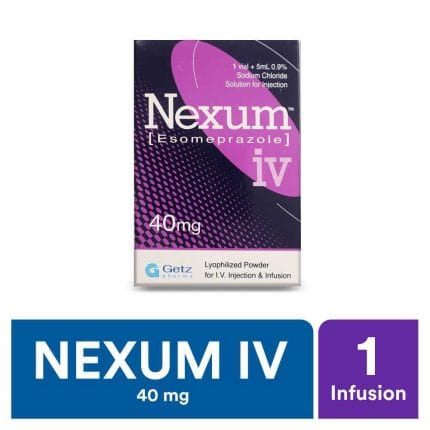





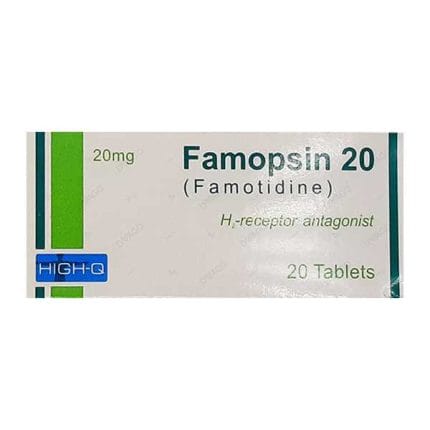


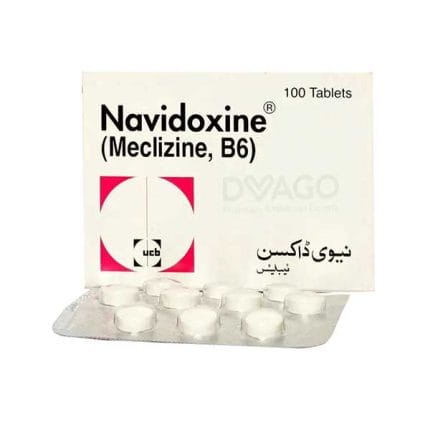
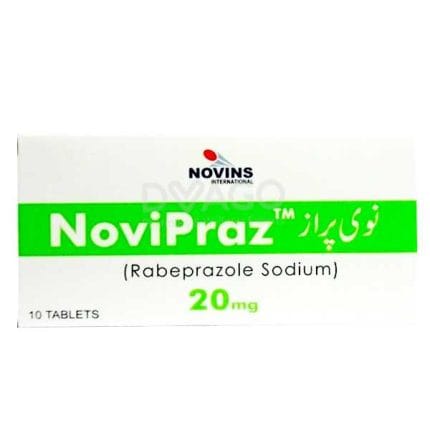
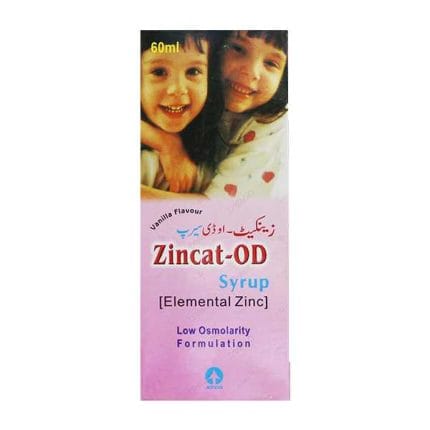







Reviews
There are no reviews yet.